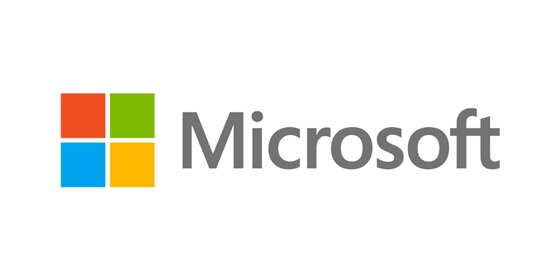Microsoft Debuts MAI-1: First Fully In-House Foundation AI Model

Microsoft Unveils MAI-1, Signaling Strategic AI Shift
Microsoft has launched its first internally developed large-scale AI model, codenamed MAI-1-preview, marking a major strategic milestone for the tech giant. The model’s public preview, rolled out quietly in late August 2025, positions Microsoft to reduce its reliance on OpenAI and competes directly in the next wave of general-purpose AI advances[4].
Why MAI-1 Matters
Until now, Microsoft has depended almost entirely on OpenAI’s models—powering Bing, Office Copilot, and other cloud services. MAI-1 represents Microsoft’s first end-to-end foundation model trained in-house by its Microsoft AI R&D division. The decision signals a coming era of tech giants seeking deeper control and differentiation in an increasingly competitive space[4].
Technical Details and Industry Impact
- MAI-1 is benchmarked for general-purpose tasks: answering questions, following instructions, and integrating into Microsoft Copilot products within weeks[4].
- The launch coincides with heightened industry activity, with rivals like Google preparing Gemini models and OpenAI readying GPT-5 for broader release.
- Microsoft has begun listing OpenAI as a potential competitive threat in regulatory documents, highlighting the evolving partnership and forthcoming competition between the companies[4].
Broader Implications: The Next AI Model Showdown
This development sets the stage for a new arms race in AI. As big tech firms pivot toward their own proprietary LLMs, expect tighter competition, more innovation at the infrastructure level, and faster API integration of state-of-the-art models. The move also underscores industry concerns around cost, data control, and strategic flexibility—key factors as general-purpose AI becomes integral to enterprise productivity and cloud ecosystems.
What Experts Are Saying
Industry analysts view MAI-1’s debut as both a competitive hedge and a preview of Microsoft’s ambitions to shape AI’s future on its own terms. Strategic independence from OpenAI could accelerate Microsoft’s product cycle and ease regulatory risk, while fostering a new dynamic in the global AI race[4].
How Communities View Microsoft's MAI-1 Preview
The announcement of Microsoft’s MAI-1 model has ignited substantial debate across tech communities, X/Twitter, and Reddit. The major points of discussion:
- Strategic Independence and Industry Dynamics (≈40%): Many users, such as @pmarca and @alexstamos, see MAI-1 as a decisive move by Microsoft to gain leverage over OpenAI and signal a new era of big tech competition. Popular posts on r/MachineLearning highlight the model’s potential to fast-track innovation and de-risk reliance on third parties.
- Skepticism and Wait-and-See Attitude (≈25%): Some commenters, including notable contributors from r/technology, view the initial MAI-1 preview as underwhelming compared to GPT-5 rumors, raising questions about real-world performance and openness.
- Open Source Community Reactions (≈20%): Open source proponents debate the implications for collaborative AI progress. Posts with high engagement on r/LocalLLaMA express concern that closed models like MAI-1 signal a retreat from transparency.
- Enterprise and Developer Excitement (≈15%): Developers and IT professionals are optimistic about redundancy and integration options, eagerly awaiting Copilot updates powered by MAI-1. Some X threads by enterprise leaders anticipate cost and compliance benefits.
Overall, sentiment is mixed to positive, with industry experts recognizing the significance of Microsoft’s pivot, but grassroots users reserving judgement until broader benchmarks and documentation are available.